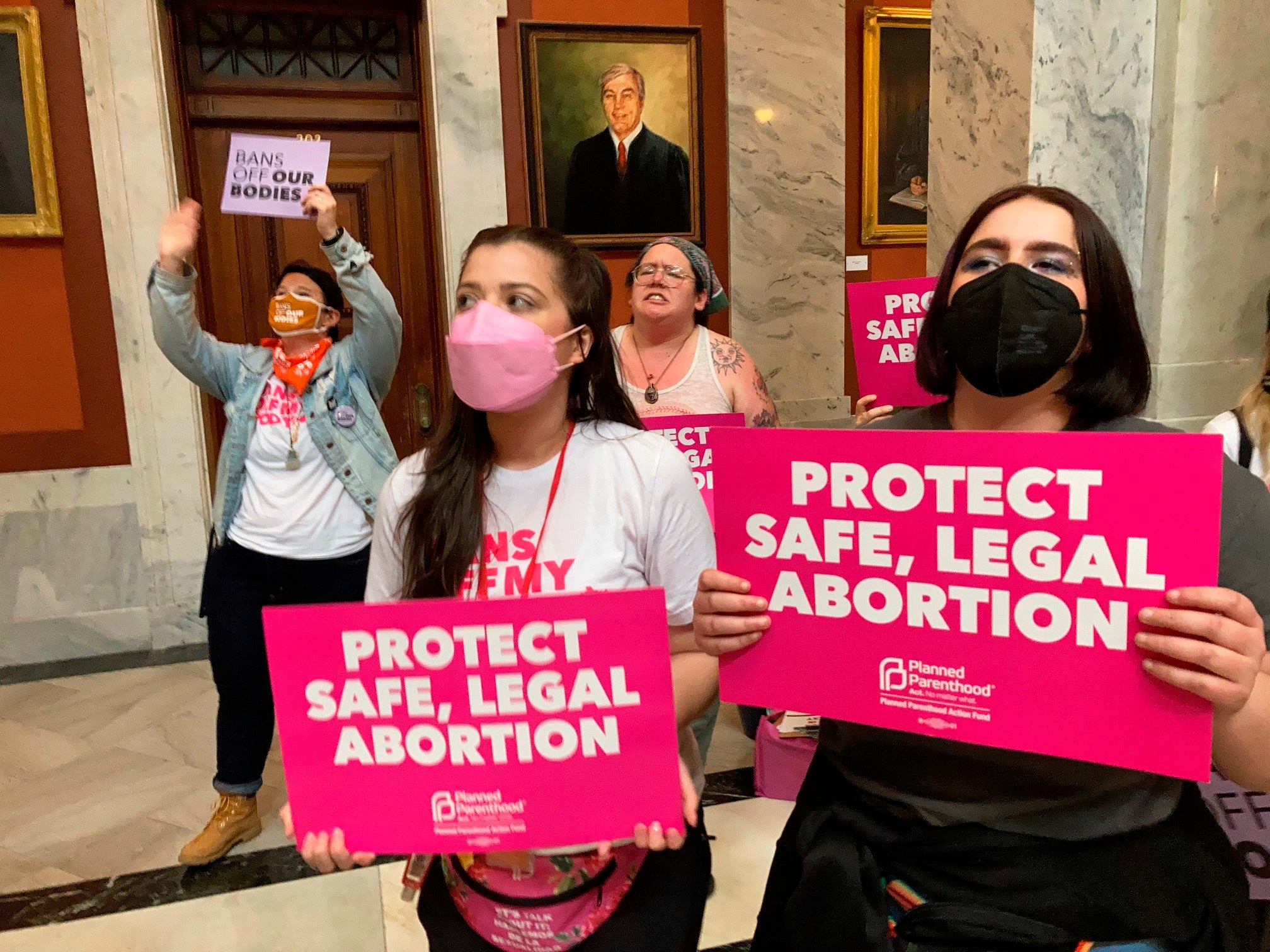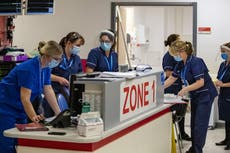Government ambassador warns abortion is ‘fundamental’ part of healthcare after Tory voting records revealed
Women die when access to abortions is made difficult says Women’s Health Ambassador Dame Lesley Regan

Abortion access is a “fundamental” part of women’s healthcare the government’s women’s health ambassador has warned.
Dame Lesley Regan, who was appointed as Women’s Health Ambassador by the Government in July, has said in answer to questions from The Independent about the voting records of ministers: “I think it’s really important that we never ever get complacent about freedom of choice.
“Now what my view is about whether abortion is good or bad is really irrelevant. My job is to tell the Prime Minister if he’ll listen and the Secretary of State that it [abortion] is an absolutely fundamental part of women’s healthcare.
“Because I’ve done so much work overseas during my career, what I know is that if you make it difficult to access, or you make it illegal, the problem doesn’t go away but women die as a result.”
Her comments come after it was revealed this week that the prime minister and senior members of his government have voted against boosting access to abortions or have opted out of key votes.
More than a third of the government’s current cabinet voted against early medical abortion at-home measures rolled out in the wake of the pandemic being made permanent.
The Department for Health and Social Care’s minister for women, Maria Caufield, who has been granted responsibility for abortion care, has previously voted to curtail access rights.
Earlier this year The Independent revealed women seeking abortions in the UK are having to travel hundreds of miles to access care as “untenable” waiting times put unsustainable pressure on services.
Speaking at the NHS Confederation’s Women’s Health conference, Dame Lesley said she was always “concerned” about abortion care.

She said although access in the UK had come far since the 1967 Abortion Act, that we must not become “complacent.”
“Look what happens in the first world, in America. I just came back from South America where I was at an international meeting, where I was so impressed that so many female leaders in the South American states that are deeply religious and have very, very ingrained cultural mores are actually managing to get women to access abortion care and contraception much more freely and yet, just over the border in Texas, and Arizona, it’s almost impossible.
Dame Lesley added: “I think if I keep emphasising how important it is that women have real autonomy over whether they get pregnant when if how many times. and with whom they get pregnant.”
She added in relation to the rising abortion rates in the UK, women who have access to early medical abortions, that these have gone up “dramatically” in women who cannot access contraception.
“My comment, there will be okay, you don't want to see abortions rising, then you've got to help us with improving really good, easy access to contraception.”
In August this year the Women’s Health Strategy was published, lead by Dame Lesley.
Among findings in the report, reviewers found “fragmented commissioning and delivery of sexual and reproductive health services negatively impact women’s access to services, in particular access to contraception.”
Join our commenting forum
Join thought-provoking conversations, follow other Independent readers and see their replies
Comments


Bookmark popover
Removed from bookmarks